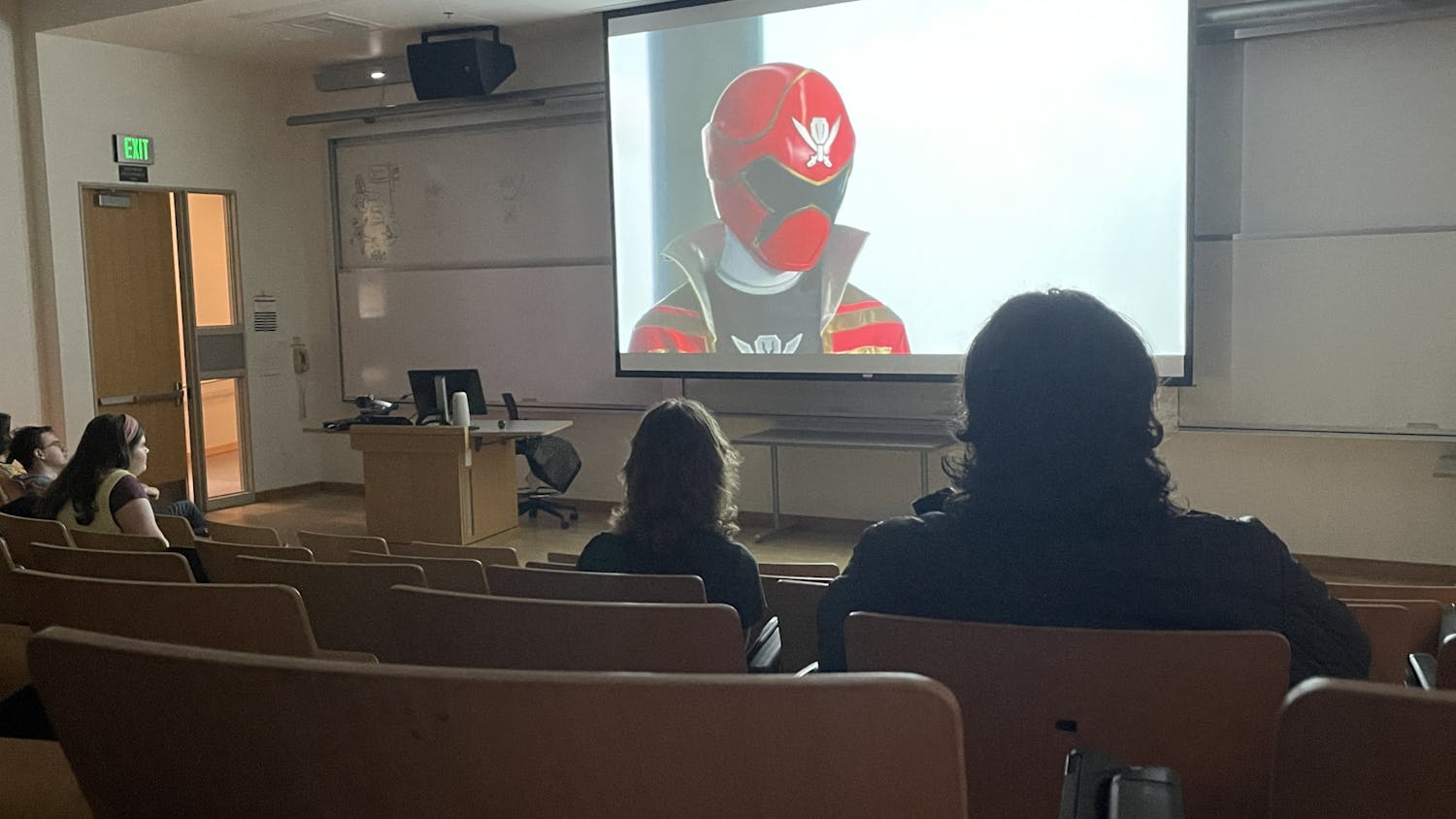Seasonal Work: What is it?
Seasonal work is a job opportunity that only lasts a few months. Most jobs for the summer season start around May and end around early October. Depending on the job, employees can stay for part of the season if they have conflicting schedules, like school.
Jobs can be oriented towards the outdoors like backpacking guides, raft guides, zipline guides, camp counselors and lifeguards. Some resorts and lodges are only open for certain times throughout the year, so people can find jobs working as a housekeeper, front desk agent, retail or in a kitchen for summer as well.
Many employers offer housing options to staff since some locations are in remote locations. It can be a part of the compensation package, deducted from your paycheck or offered at a lower rate. Housing options range from shared rooms, private rooms or camping areas for tents or cars. Meals can also be included or offered at a discounted rate.
Where to find work
CoolWorks is a website people can use to find “jobs in great places.” Many of the employers on CoolWorks are hospitality or guest service-oriented, but there are also non-service industry jobs posted on the site. Users can search by state, season or category to find one they’re interested in.
Kelcy Fowler started as a job seeker on CoolWorks after she dropped out of college. She got a job as a front desk agent at a lodge in Grand Teton National Park with no previous service experience. After her first summer, the lodge management offered her a human resources assistant position. She decided to stay and then became the HR manager of the lodge the following year.
“Within three years I had this career that I never would have pursued or studied in college. I didn’t have a college degree, but I got into seasonal work and worked my way up,” Fowler said.
For six years, Fowler worked in HR and used CoolWorks as an employer to hire staff. After traveling abroad for a few summers, she came back to the U.S. in 2013 and CoolWorks offered her a position.
In 2017, Fowler and her partner bought CoolWorks. She said she spends most of her time counseling employers on how to be more effective in hiring employees.
“We want to help bring employers and the seasonal workforce together, but even more than that we want to make the whole ecosystem a healthier, better, fairer, kinder place,” Fowler said.
For many seasonal jobs, employers don’t require previous experience. Seasonal work gives people an opportunity to move to a new place and try something new.
“There’s something so powerful about seasonal work, especially for younger folks. You get to know yourself a little more and you get out there and experience life. … It’s really transformational,” Fowler said.
Emma Schmidtzinsky: Assistant Summer Camp Director
Camp Sealth is a summer camp located on Vashon Island, Washington. They offer a traditional overnight camp program and unique experiences like horse camps, adventure camps, teen leadership camps and other specialty camps.
Emma Schmidtzinsky, known by the camp name “Sage,” was a camper at Camp Sealth growing up. She was hired as a kitchen assistant/rover when she was 17 and has worked in various other positions since. She is now one of the assistant camp directors.
As a kitchen assistant, Schmidtzinsky helped serve food and do dishes. When it wasn’t mealtime, she filled in when other counselors went on break. She said it was a good starting point and allowed her to transition into other positions.
“It gave me a lot of the work responsibilities I was drawn to. Part of what makes our camp a meaningful and impactful job is the ability to have a hands-on role and develop as a person,” Schmidtzinsky said.
This summer will be her fifth year working at Camp Sealth. Her season is a little longer than most summer seasonal jobs since she does prep work before the summer starts and will end her season around October. Schmidtzinsky started in January, and she has been hiring, planning and scheduling since.
During the summer, Schmidtzinsky said she will oversee some of the camper units and counselors in training while also supervising the staff.
Watching former counselors in training grow into bigger leadership positions and seeing the impact they now have on campers has been very special for Schmidtzinsky.
Caleb Barville: Kayak Guide
Sea Quest is a kayak touring company based out of Friday Harbor on San Juan Island. Their trips range from 3 hours to 5 days.
Caleb Barville, a third-year student at Western Washington University, applied to be a kayak guide last summer for Sea Quest. After he got the job, Barville moved to San Juan in May for the summer.
He didn’t have any previous guiding experience but went through a two-week training program to learn about water safety and guiding before he started taking people on trips.
Barville said he usually didn’t have a set work schedule since they offer a wide range of trip options. After the first month, he started working more multi-day trips and was working Monday through Friday most weeks.
When he wasn’t camping out on kayak trips, Barville said Sea Quest had a property for all the staff to set up tents to sleep.
“[Sea Quest] provided all the meals that I needed during the tours, and then I would survive off of what was left over after the trips,” Barville said. “It was basically a free summer.”
To prepare for guiding trips, Barville said he read books and listened to podcasts about the San Juan Islands so he understood the area around him and could educate guests on trips. He also had to tell a lot of jokes.
“I’d always tell people Mount Rainier was renamed after the beer,” Barville said. “I think some people actually fell for it.”
Barville will go back to San Juan Island in June after the quarter at Western ends and stay until mid-September. He said Sea Quest is really flexible with students’ schedules.
“I discovered a lot of connections after moving out there,” Barville said. “Now I have a whole community that revolves around kayaking. It’s really cool seeing all the people I’ve met through that pathway. The San Juan Islands hold such a deep place in my heart now, they’re magical.”
Emma Smith: Raft Guide
Triad River Tours is a rafting company in western Washington that offers multiple different trips at different skill levels.
Emma Smith, a third-year Western student, found Triad through Western’s Environmental Career Fair. She had no previous guiding experience but applied and worked as a rookie guide last summer.
Washington State has a required 50-hour certification to become a guide. Triad requires all guides to be Swiftwater Rescue trained and certified through the Swiftwater Safety Institute on top of the 50-hour minimum requirement.
“I learned a lot about myself through the training process,” Smith said. “There were a lot of times I didn’t think I could do it, but it’s something I wanted so badly I just had to see it through. It’s a challenge, but it’s going to be worth it in the end.”
Smith said early last season she was doing two trips per day. After getting used to guiding, she started doing three trips per day. This season, Smith is a veteran guide and said she will offer support to the rookies going through the training period.
River flows are higher and faster in the early season when guides are training, but Smith said it was helpful to train in those river conditions.
“I remember my very first day, it was the highest water of the season,” Smith said. “I was like, ‘If I can do that, then I can pretty much do anything.’”
Triad is big on environmental sustainability and practices “leave no trace.” They don’t bring anything, like food, on the river that would cause harm to the environment if it fell in. Smith said Triad provides sandwiches or snacks guides can eat between trips and they have campsites for guides to stay at.
“My favorite thing about guiding is getting to witness people building connections with their environment,” Smith said.
Ciarra Shaffer (she/her) is a city life reporter for The Front. She is a junior majoring in the public relations track of the journalism department. In her free time, Ciarra enjoys being outside and going to concerts. You can reach her at ciarrashaffer.thefront@gmail.com






